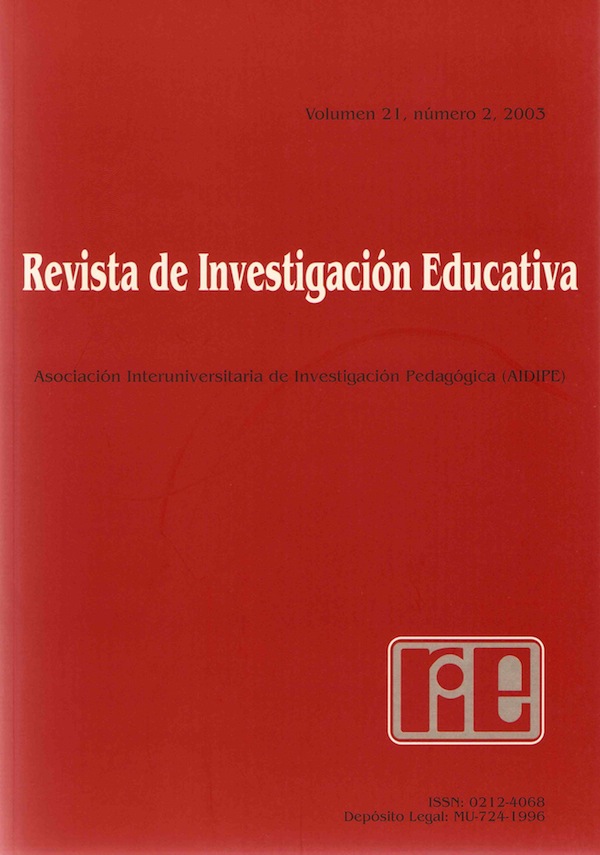La Técnica Delphi como estrategia de consulta a los implicados en la evaluación de programas
Abstract
This paper introduces the Delphi Technique as an interesting strategy for taking up with those people who involved in social programs evaluation.To begin with, the technique main features and some considerations on the experts panel configuration and on the application process are presented. Next, consensus and stability, the two criteria for items selection and for consultation process finalisation, are revised. Thus, the key statistics used to fix the aforementioned criteria are analysed; both the more usual, based upon the mean and the median or upon goodness of fit tests, and some others less commonly applied to this kind of researches.
Finally some methodological considerations about the utilisation of this strategy are introduced in the light of some problems arisen from the Delphi Study carried out in the realm of occupational training courses evaluation in Galicia.
Downloads
-
Abstract3202
-
PDF (Español (España))2690
The articles and scientific documents published in RIE abide the following conditions:
1. The Servicio de Publicaciones de la Universidad de Murcia (the publisher) has the property rights (copyright) of all the documents published and allows the reuse under the user’s license indicated in point 2.
2. All documents are published in the digital edition of RIE under a Creative Commons Reconocimiento-NoComercial-SinObraDerivada 4.0 Internacional. (legal document) license. These documents can be copied, used, distributed, communicated and explained publicly if: i) the author(s) and its original source of publishing (magazine, publisher and URL of the document) are cited; ii) it is not used for commercial purpose; iii) the existence and the specifications about this license are mentioned.
3. Auto-archive’s conditions. The authors are allowed and encouraged to digitally distribute the pre-print versions (a version before evaluation) and/or post-print (a version that it is already evaluated and accepted to its publication). This promotes circulation and distribution earlier and can increase the citations and significance within the academic community.










